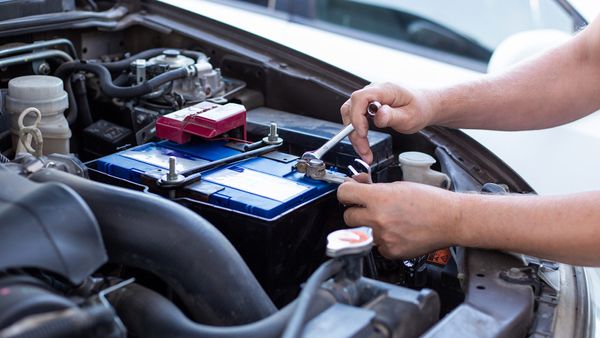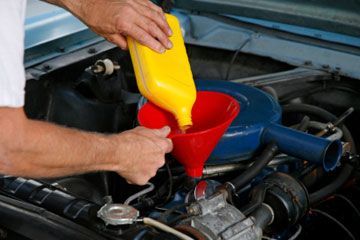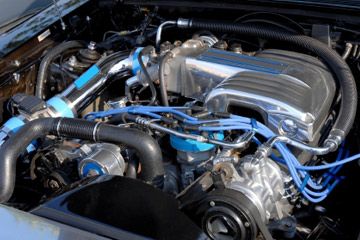Whether you drive a smoke-spewing '99 Daewoo Lanos, a restored '68 Ford Mustang Fastback or the latest Bentley Mulsanne to roll off the assembly lines, one fact remains: You're driving a future junk car.
Oh sure, your vehicle might live on for centuries under the care of museum curators, alien invaders or highly evolved moth men, but probably not. The universe is perpetually changing. Everything from a newborn star to the screen you're staring at right now is steadily dying, decaying or giving in to entropy. Energy may be infinite, but your mighty Daewoo doesn't stand a chance.
Advertisement
This is where vehicle maintenance enters the picture. With appropriate care, you can restore and maintain the state of your vehicle -- for a spell at least. This practice helps to preserve vehicle value and appearance, and it also rolls over into improved driver safety. After all, safe driving doesn't mean quite as much if you don't have working brakes.
A great deal of driving safety depends on visibility and driver-to-driver communication. Windshield wipers, for example, are hardly a luxury. They allow you to see other cars, pedestrians, lights, signs and wildlife during rainy conditions. Vehicle lights make it possible to drive at night and alert other drivers to both your presence and your navigational intentions. Failure to maintain working wipers, mirrors and lights adds an extra bit of danger to the roads and highways. And a dirty, cracked windshield? That's a double helping of danger, obscuring visibility and increasing the risk of windshield fragmentation in an accident [source: AAA].
Unless you happen to wander into a 1980s slasher film, you're probably not sufficiently endangered by a dead battery in the office parking lot. Out on the road, however, various wheel and engine failures can prove catastrophic. Poorly maintained brakes can hurt vehicle reaction time or even fail at a critical moment. Improperly inflated or threadbare tires can result in dangerous blowouts or hinder road grip on slippery surfaces. Poor engine maintenance can even lead to engine fire, an excellent reason to schedule those regular oil changes.
In short, poorly maintained vehicles put everyone on the road at risk, so make sure to do your part. Maintenance routines vary from vehicle to vehicle, so you'll want to check your vehicle's owner's manual for specifics.
Keep reading for more links to automotive maintenance articles you might like.
Advertisement



